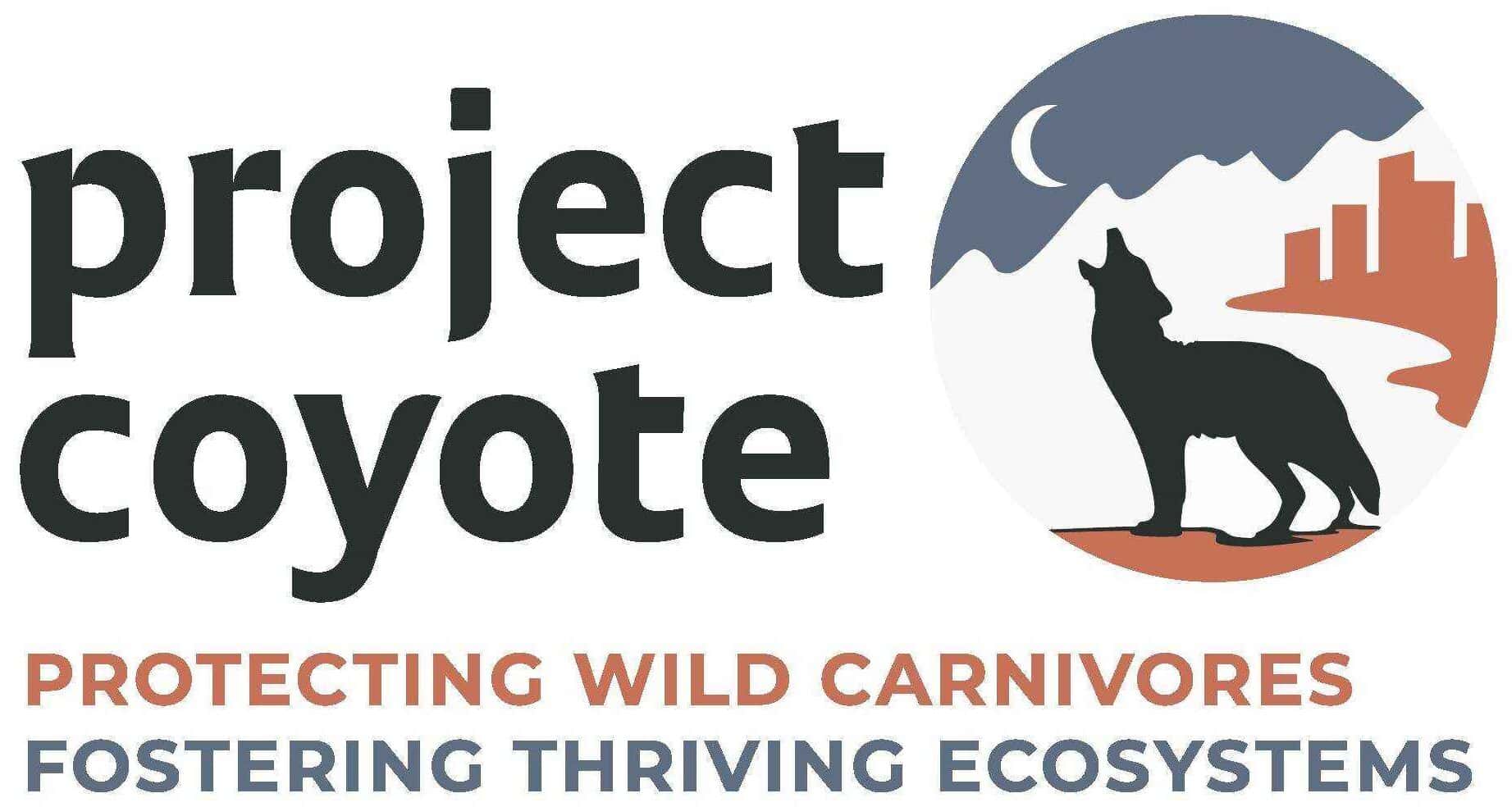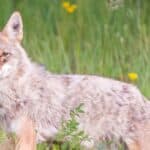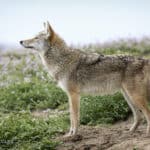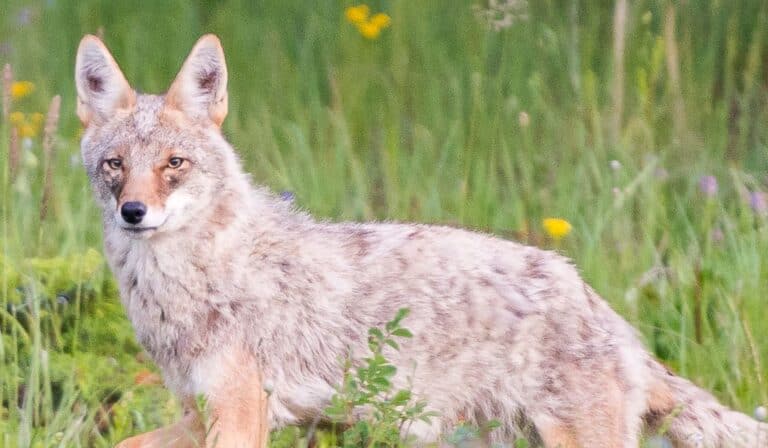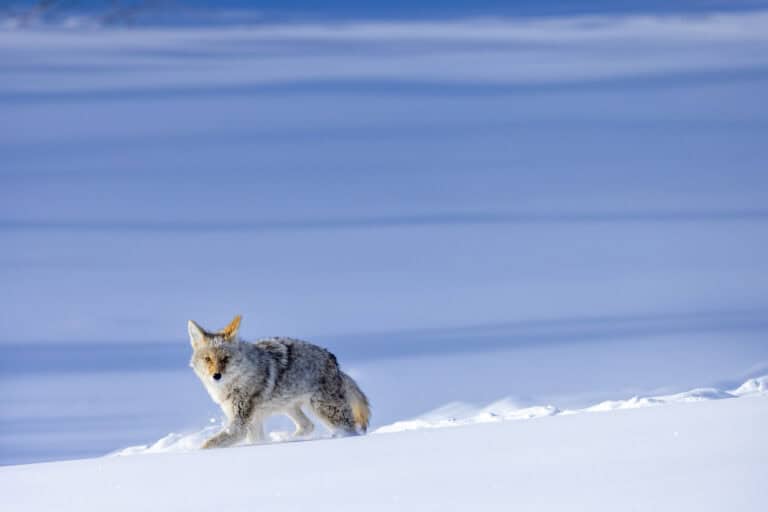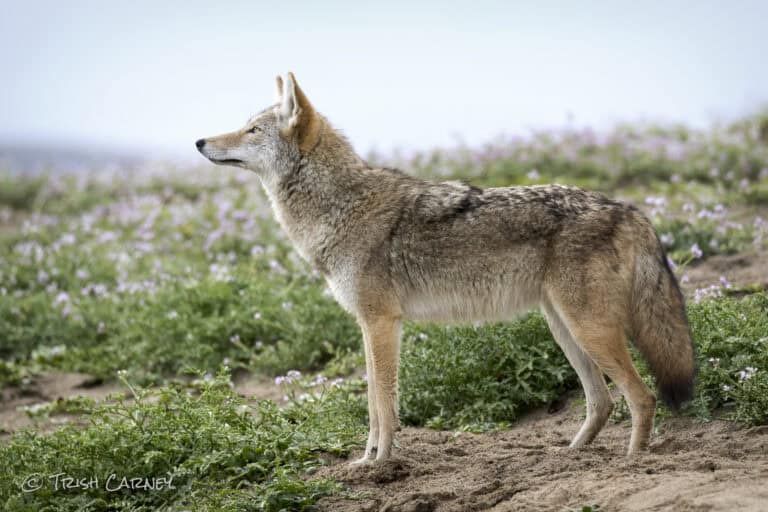FOR IMMEDIATE RELEASE: February 15, 2009
Practice Condemned as Inhumane and Ecologically Reckless – Public Hearing Feb. 17th
Florida — Project Coyote and the Animal Welfare Institute, along with more than 60 prominent scientists, wildlife biologists, veterinarians, ethicists, and attorneys, have sent a formal letter urging the Florida Fish & Wildlife Conservation Commission (FWC) to prohibit “penning” — the use of dogs to harass and kill coyotes and foxes in confined areas — and to ban trade in coyotes and foxes for such purposes. The issue will be discussed at a public FWC hearing in Apalachicola on February 17th.
The letter to the FWC urges a ban on penning because it is inherently inhumane, ecologically reckless, and runs counter to sound scientific wildlife management. Operators of the “running pens” usually charge a fee for individuals to “train” their hunting dogs on the captive coyotes and foxes. Penned wild canids are chased relentlessly, torn apart by the dog pack and often killed.
A recent FWC investigation of penning operations led to the arrest of 12 people and the issuance of 46 citations for various violations related to the illicit trade in live foxes and coyotes for penning purposes.
Current Florida law prohibits the importation of coyotes into the state. However, a valid permit allows for coyotes to be trapped in Florida and relocated to penning facilities. The law also allows vaccinated foxes to be imported across state lines with a valid permit from rabies-free states to “penning” facilities where they are then used to “train” hunting dogs in running pens. The trapping of foxes for this purpose in Florida is prohibited.
“We commend the Commission for its recent investigation that exposed the ugly underbelly of Florida’s coyote and fox penning trade,” said Camilla Fox, Project Coyote founding director and wildlife consultant for the Animal Welfare Institute. “Americans recognize that dog fighting and cock fighting are unacceptably cruel; all states have banned these heinous practices. So too, coyote and fox penning is unconscionable and should be banned nationwide,” Fox said. “Moreover, this practice is ecologically reckless and may result in disease transmission. Money spent on enforcement of pen operators would be better spent on wildlife conservation. Penning and the resulting trade in coyotes and foxes should be prohibited immediately in Florida.”
Signatories to the letter, including internationally prominent scientists Dr. Michael Soulé and Dr. Reed Noss and ethicists Dr. Holmes Rolston, III and Dr. Dale Jamieson state, “As scientists, veterinarians, attorneys, and ethicists, we believe this practice — commonly referred to as ‘penning’ — violates the concept of fair chase and runs counter to fundamental concepts of wildlife management. There are serious ecological, ethical, disease and health-related issues associated with penning. We strongly support a ban on this practice.”
Several state wildlife agencies have serious concerns about penning, including disease transmission. In 2008, the Midwest Association of Fish and Wildlife Agencies passed a resolution urging the adoption of state-by-state regulations prohibiting the importation or interstate movement of foxes and coyotes for the purpose of stocking coursing pens or for release and pursuit by hounds outside of coursing pens.
“A few hundred people in Florida make money off the penning industry. But thousands and thousands of citizens respect wildlife and feel this blood sport has no place in a modern, progressive Florida,” said Becky Pomponio, Florida representative for Project Coyote who will testify at the February 17th hearing in Apalachicola. “This is the time for the Commission to show courage and to reflect the will of the majority against a miniscule but vocal minority of pen owners. It’s time the Commission bans penning and the resulting trade in coyotes and foxes once and for all.”
###
Project Coyote
Project Coyote is a national non-profit charitable organization that fosters educated coexistence between people and coyotes and advocates on behalf of all native carnivores. For information, visit: ProjectCoyote.org.
The Animal Welfare Institute
The Animal Welfare Institute is a non-profit charitable organization founded in 1951 to reduce the sum total of pain and fear inflicted on animals by humans. More information: www.awionline.org.
